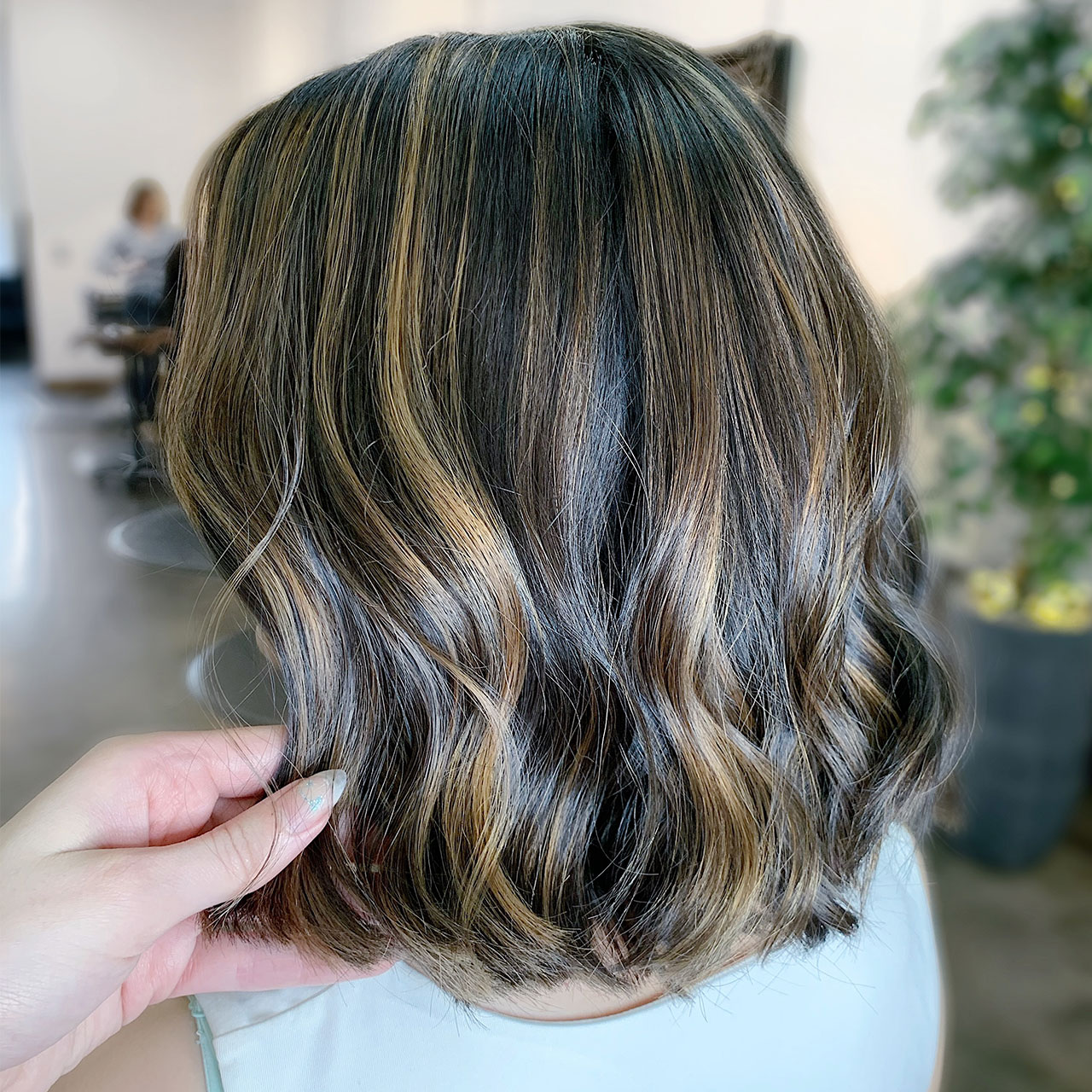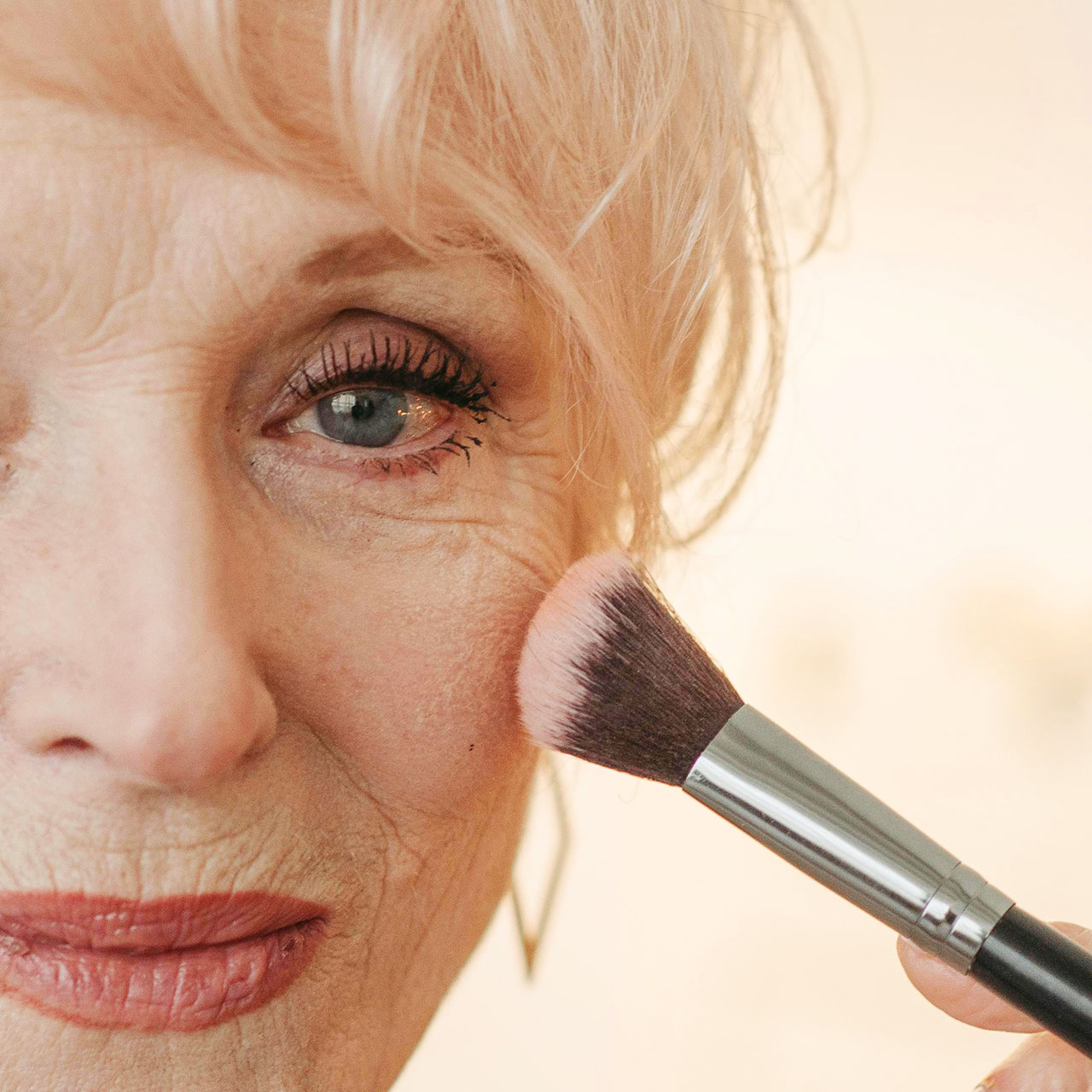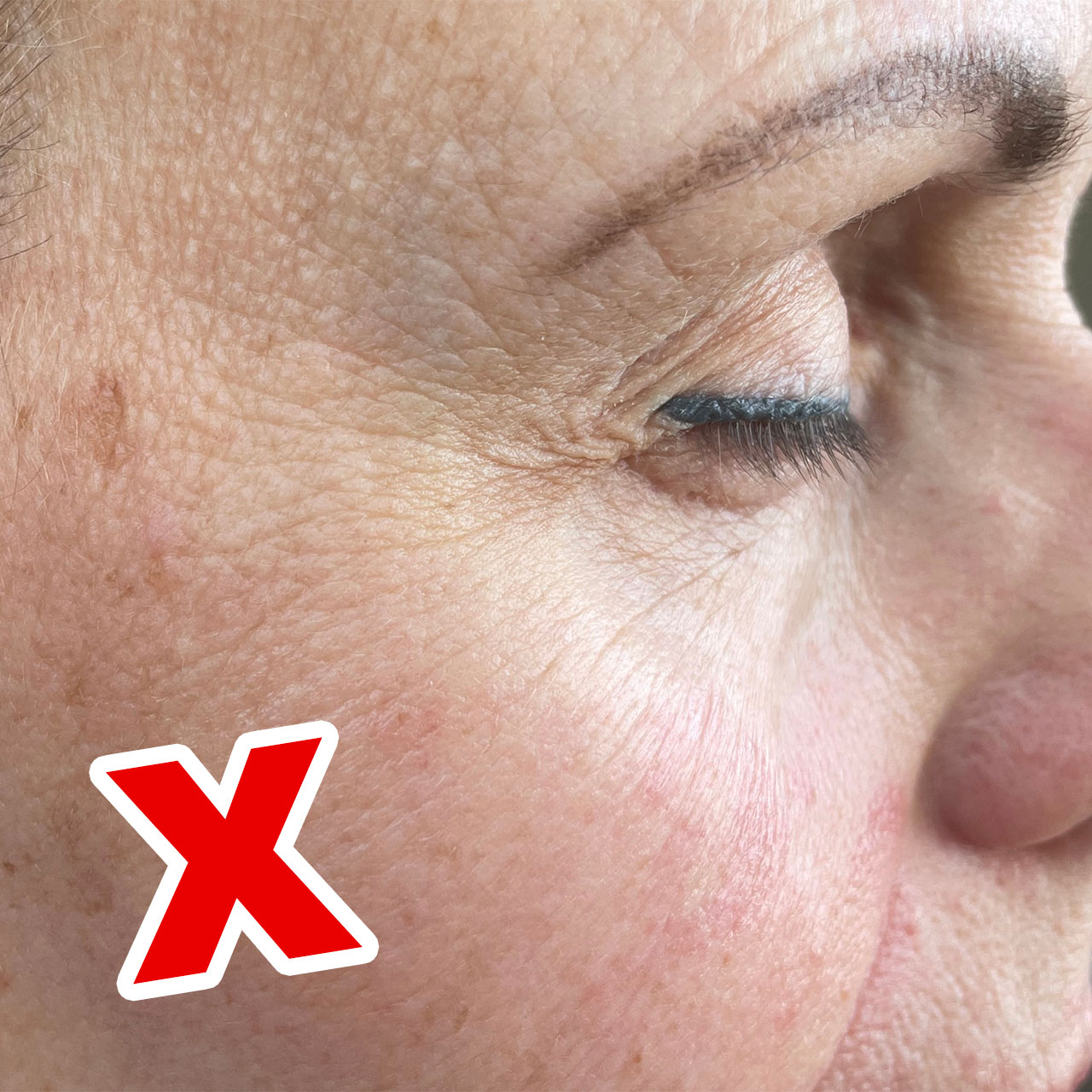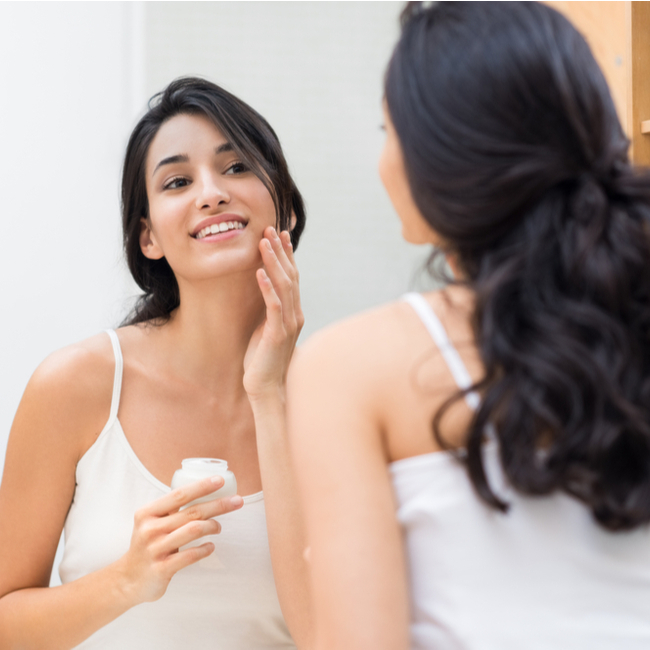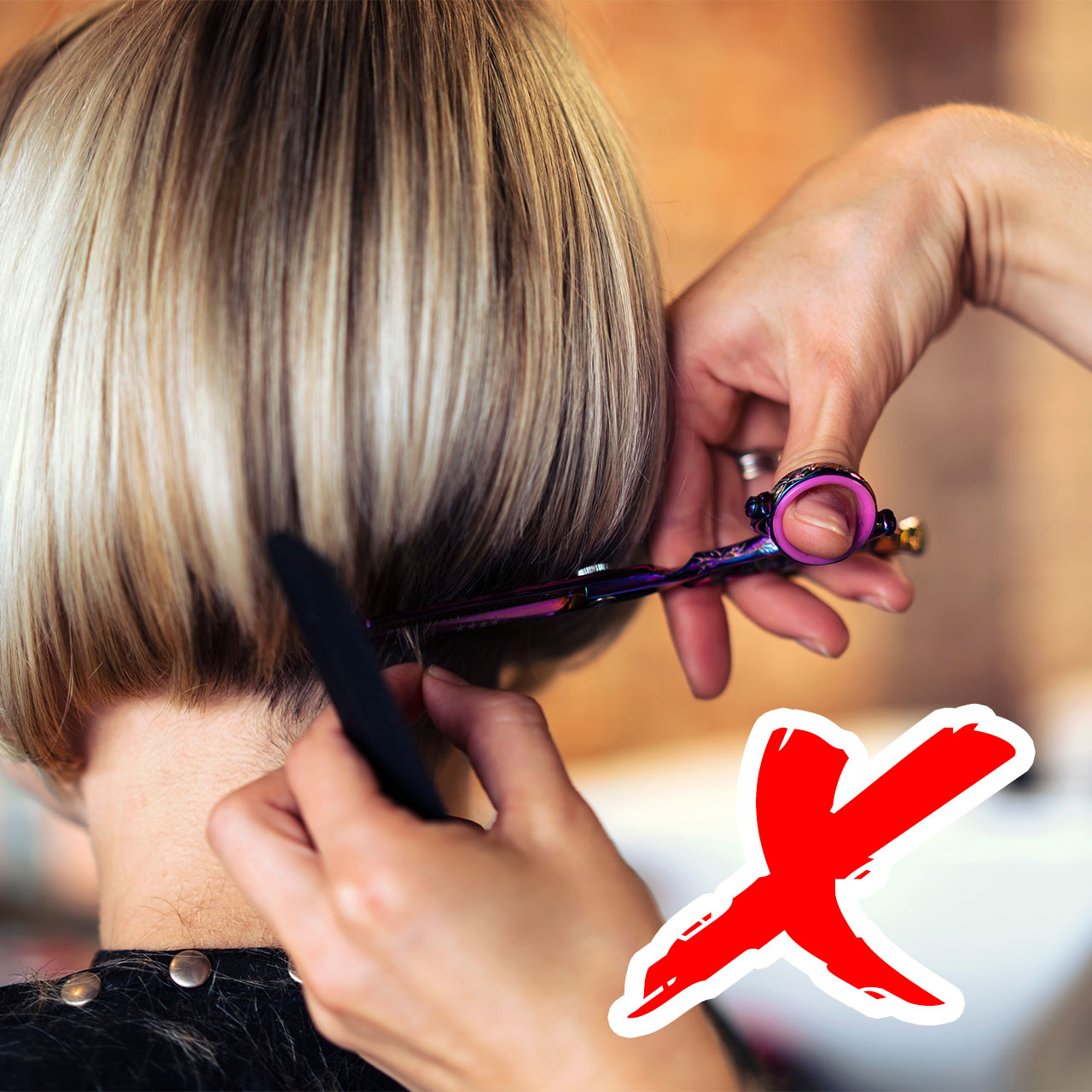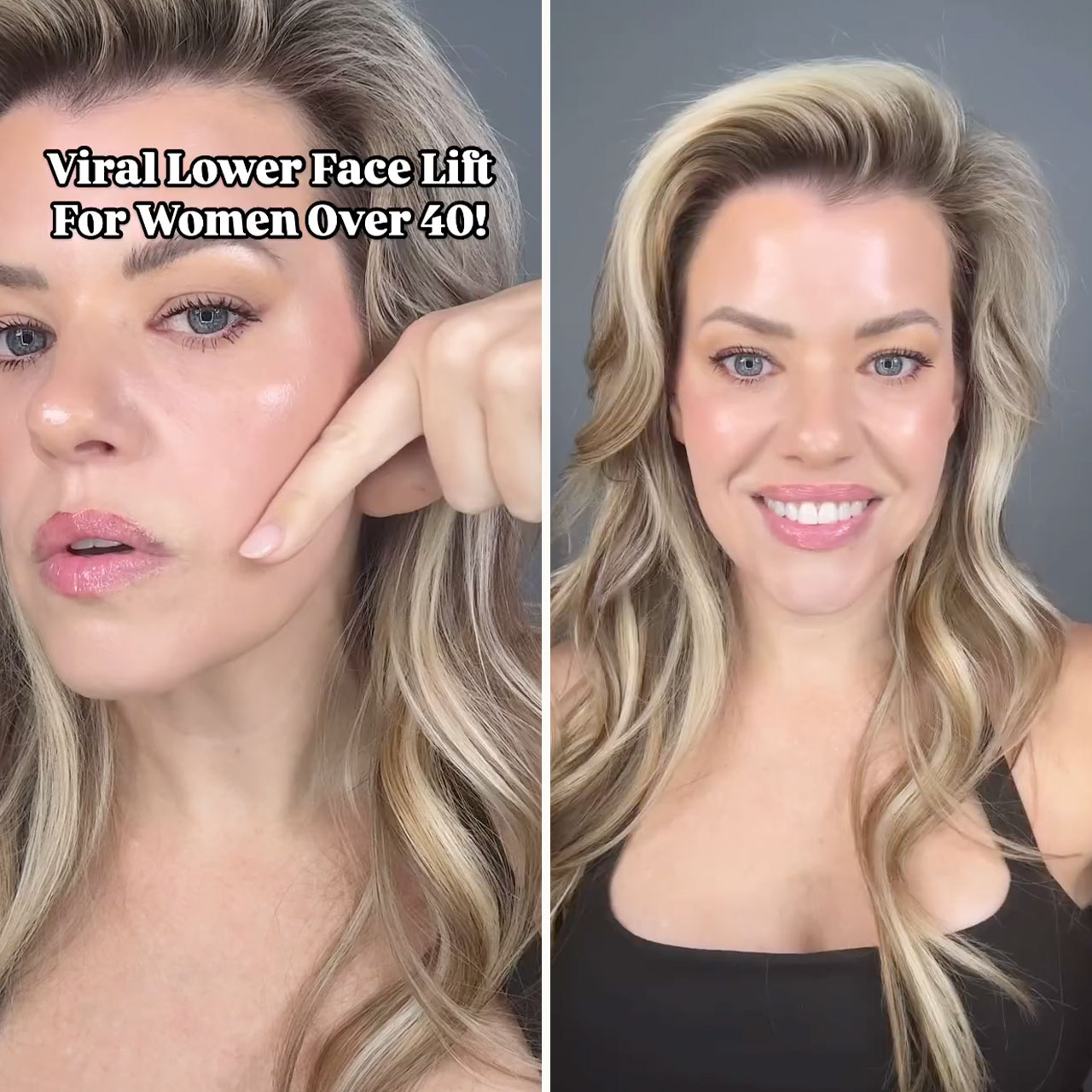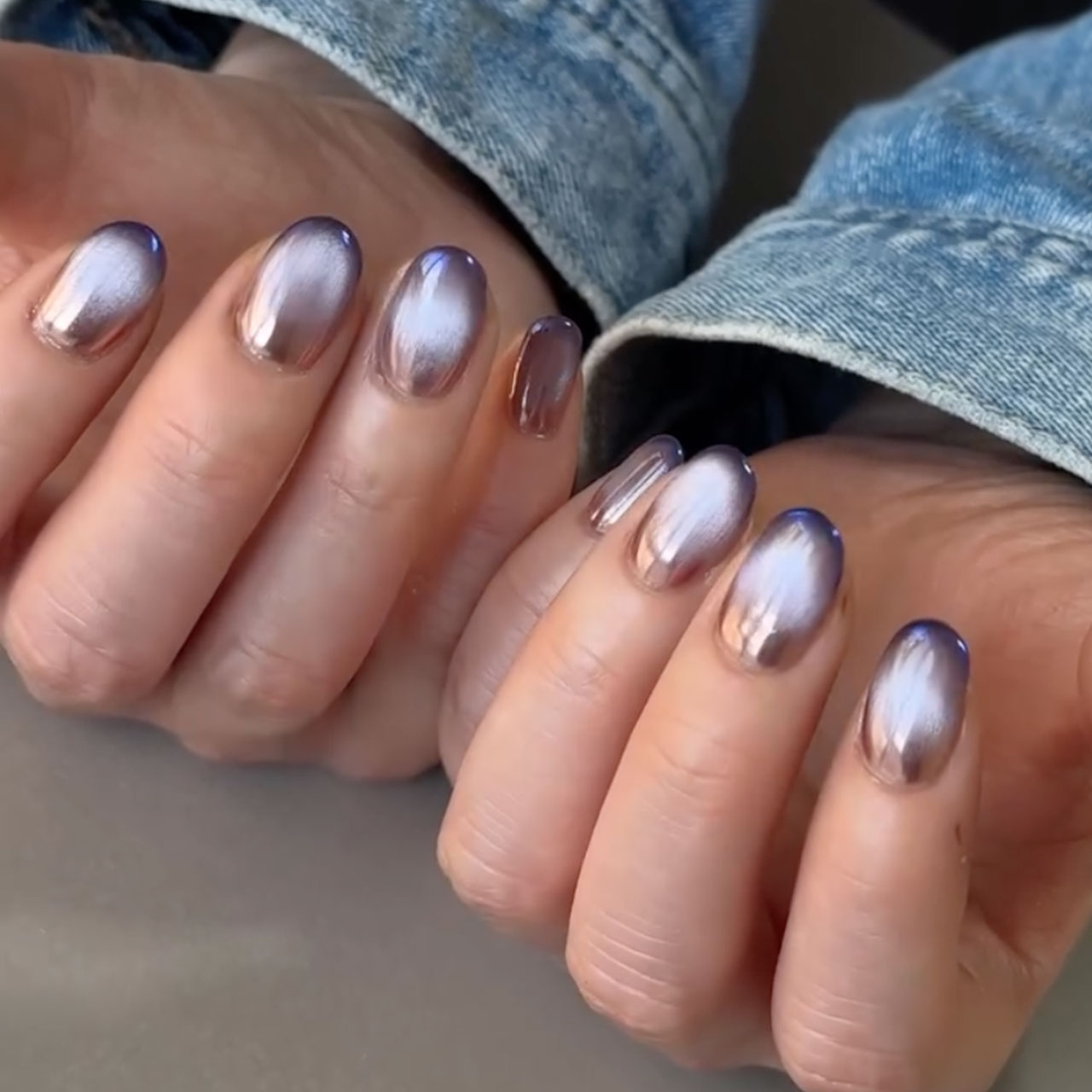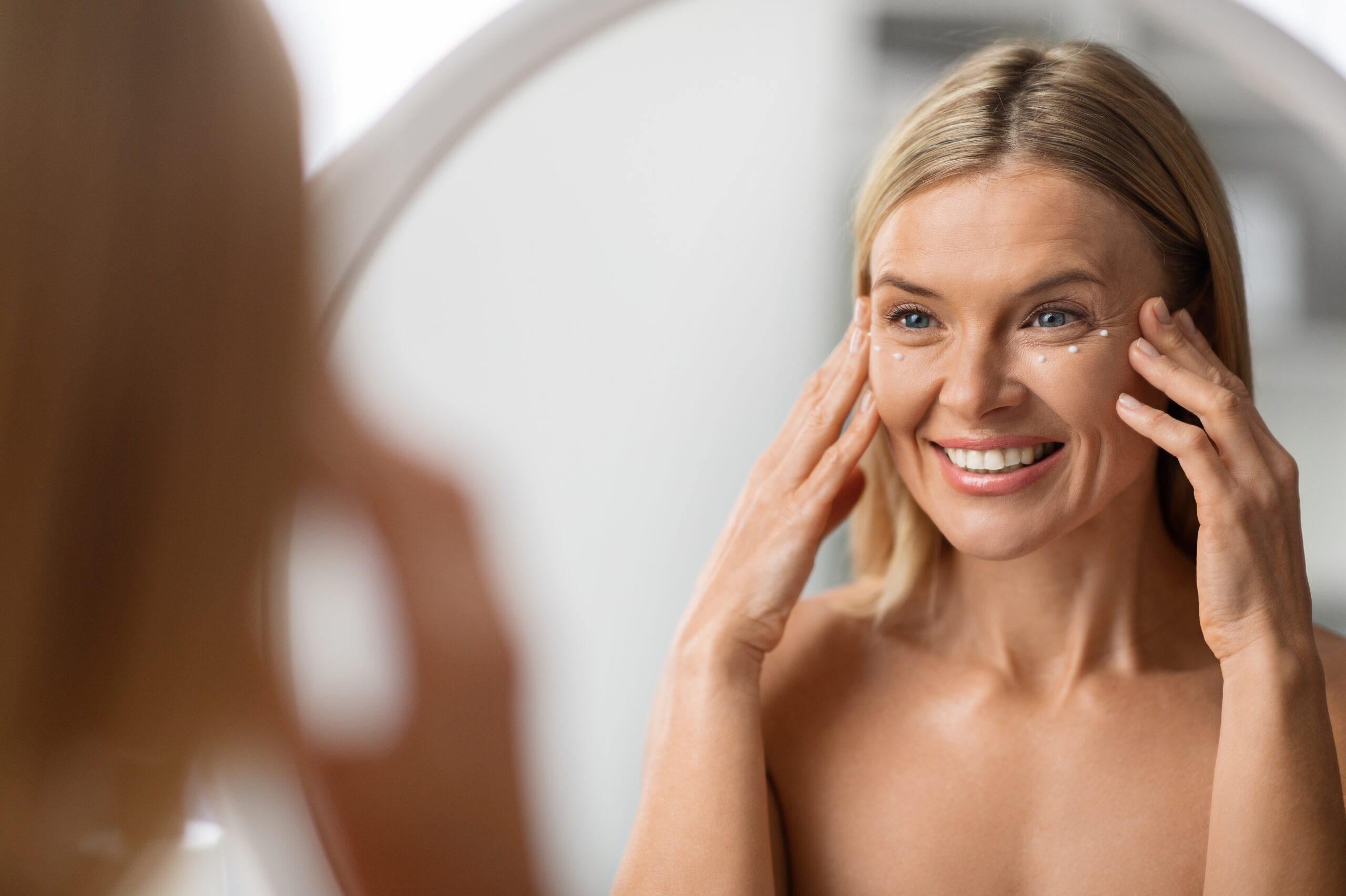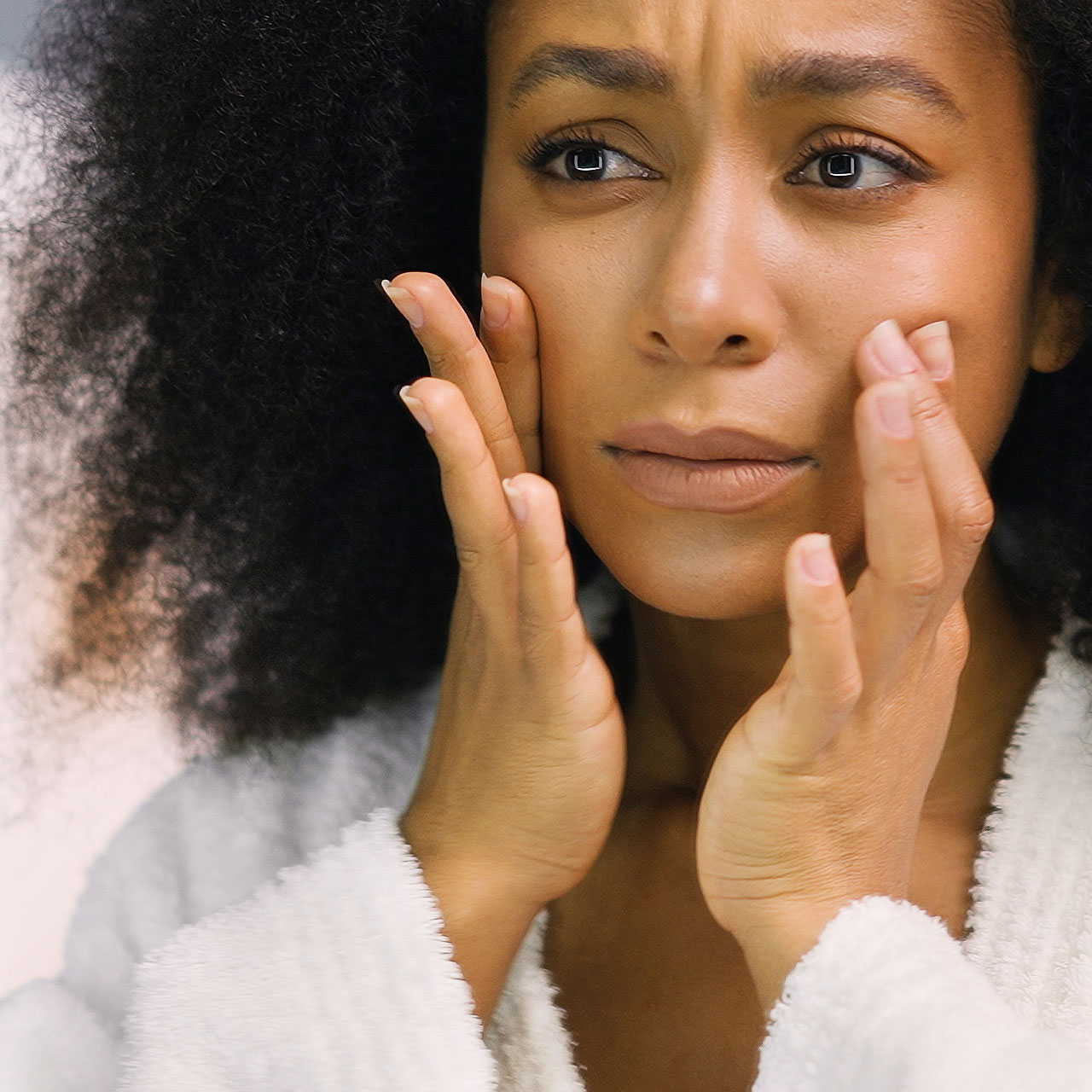Board certified dermatologic surgeon Dr. Jeffrey T.S. Hsu, MD and creator and founder of VivreSKIN Laboratories Mina-Jacqueline Au authored this story.
Vitamin E is a group of compounds that becomes a fat-soluble antioxidant for the skin. It helps to protect skin cells from damages by creating a natural barrier to prevent trans-epidermal water loss. Additionally, it has multi-faceted anti-inflammation and skin healing properties.


What does Vitamin E do to our skin?
Topical Vitamin E has a few major benefits for the skin. As an antioxidant, Vitamin E helps to combat free radicals which are molecules that comes from the environment that can damage the skin, causing accelerated aging, complexion unevenness, and hyperpigmentations.
There have also been studies that suggest Vitamin E could fight sun damage on the skin by inhibiting the formation of sunburn skin cells. It is important to note, that while it can fight sun damages, it is not a replacement or alternative for using a proper sunscreen.
Furthermore, Vitamin E is said to have positive effects on wound healing. One reason why wound healing on the skin could be slowed is because of Vitamin E deficiency, so adding this topically could result in accelerated wound healing time. The same theory applies for skin inflammation include those suffering from acne.
In addition to these benefits, certain studies have shown that Vitamin E is an effective therapeutic method for those suffering from eczema and atopic dermatitis.
Lastly, Vitamin E is also a very hydrating molecule since it works as both a humectant to absorb water into the skin, and an emollient, which is to trap water into our skin.

Tips On Using Vitamin E For Your Skin
Vitamin E is generally very safe and beneficial for all skin types. However, for those with super sensitive, very oily, or acne-prone skin, it is best to use with caution. Since Vitamin E is oil-soluble, oftentimes it is formulated with several oils. So if you have very oily skin, be sure to find a Vitamin E product that is not saturated with such.
It's always a good idea to know the ingredients and check the labels of the products that contain Vitamin E. There are different variations of this vitamin, and yet the only form that is recognized by the National Institute of Health (NIH) that meets human requirement is topcopherol. It is very important to look for that ingredient in your skincare label when purchasing products with Vitamin E.


